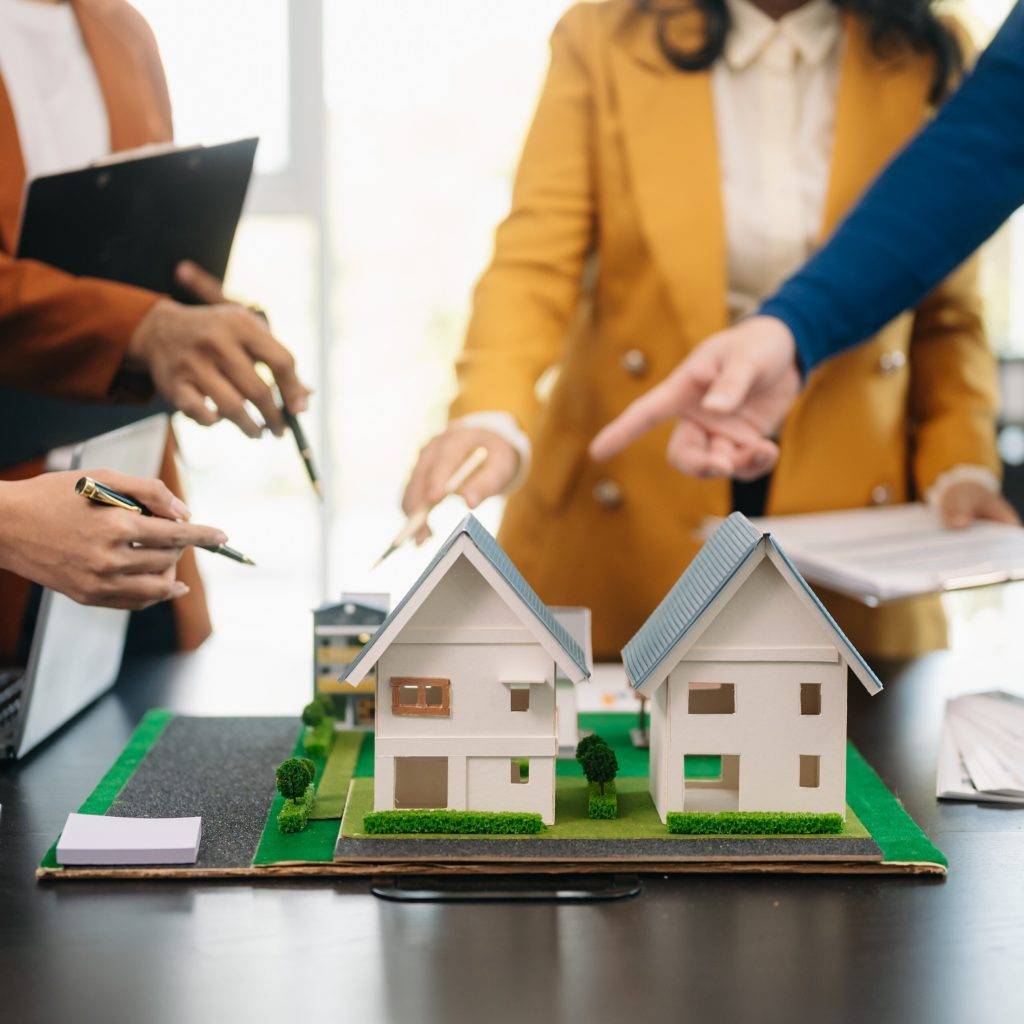How To Design The Ideal Home Office
If you work from home, finding privacy might be a challenge for you. If it’s not the cat poking around on your desk of papers, it’s the doorbell ringing when you receive that all important call. If you have finally decided to move away from the kitchen bench to a more private area, consider the spare bedroom. Not only will you be able to close the door on interruptions and meowing cats, but you will have a stable surface on which to spread out those work files.
We have rounded up some useful ways for you to transform your four walls into an operational office you feel compelled to work in. It might not be in a high-rise building overlooking city skyscrapers, but you can turn your home office into one that suits you and your work style. So, without further ado, let’s take a look at the best approaches to creating your home office.
Start From Scratch
Embrace the idea of cleaning the spare room out thoroughly before you start. Take rough measurements to figure out the best areas to place the desk, filing cabinets and workspace. Create a drawing of the room and be sure to include electrical outlets and door swings.
Consider browsing professional designs for inspiration or turn to an office fitouts company to work with so you have peace of mind that your home office will be as fully functioning as you desire.

Make The Most Of Space
Bedrooms can be small but using the space you have creatively, will help make the most of the area. Take advantage of the room’s vertical space with shelving for lightweight equipment such as small printers and files.
Capitalise on corners and even think about installing a dedicated corner desk instead of the standard one. If you need a work surface on which to sort through papers and files, a corner desk could be ideal for you. Install standard file cabinets for storage to avoid large files taking possession of your desk.
Ensure your electrical equipment like the computer, printer and scanner are out of direct sunlight, away from heat sources and up off the floor.
Ergonomics
Lose the kitchen chair in favour of an ergonomic office chair that will support your back and neck and allows you to rest your feet flat on the floor. Also, consider a gel wrist pad to prevent hand and wrist cramping.
A rolling office chair is ideal to get you from the computer to your filing cabinet in mere seconds, but not ideal if your room is carpeted. Install a chair pad for carpet protection and smoother rolling.
And to prevent eye strain during those late nights, consider an adjustable LED lamp instead of a bright desk light. You shouldn’t have to squint to see the labels on your files and folders.
Keep It Green
It goes without saying that working from home will have you saving on petrol and decreasing your carbon footprint. Keep up the good work by turning off electronic equipment when you’re not using it and connecting ancillary equipment to a power strip that can be switched off to prevent power drain. Use recycled copy paper if you do a lot of printing and use both sides of the paper.
A little creativity can go a long way. These ideas will help you whip up not only a functioning home office but a surprisingly stylish one. Top it off with a ‘Do Not Disturb’ sign affixed to the door.























